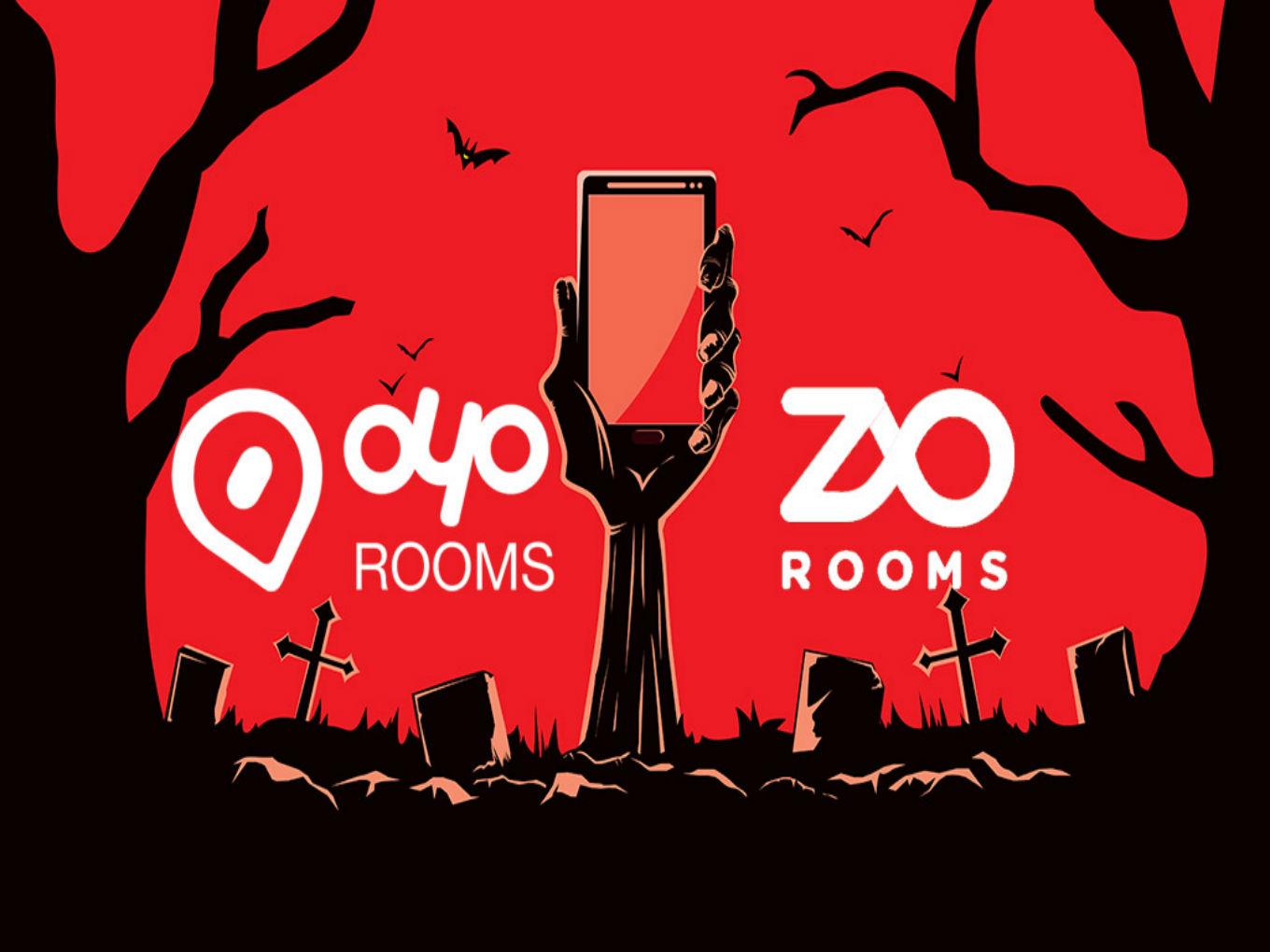
Justice A M Ahmadi, the former Chief Justice of India, has been appointed as the sole arbitrator in the OYO Vs ZO Rooms case
Justice Ahmadi will hold the sittings in New Delhi, the court said
In February, ZO Rooms had filed an arbitration petition, which was rejected by a Gurugram-based district court
After the merger of budget hotel aggregator ZO Rooms with hotel aggregation leader OYO fell through, the companies continue to be stuck in a legal tussle and the matter has now reached Supreme court. OYO, which is the new unicorn in the block, has been expanding its presence in countries such as China and the UK.
Earlier in February, a Gurugram-based district court rejected an arbitration petition filed by ZO Rooms against OYO on the grounds that it lacked jurisdiction. Prior to this, the high court had declined to pass any injunction against ZO Rooms on February 22 and posted the matter for further hearing.
The Supreme Court, in its order dated September 19, 2018, accepted the arbitration petition by ZO Rooms and stated: “The Arbitration Petition is accordingly allowed and Justice A M Ahmadi, former Chief Justice of India is appointed as the sole arbitrator.”
In legal language, an arbitration is a form of alternative dispute resolution (ADR), used in place of litigation in the hope of settling a dispute without the cost and time of going to court. Arbitration proceedings in India are conducted under the Arbitration and Conciliation (Amendment) Act, 2015 (the Act).
Justice Ahmadi will hold the sittings in New Delhi, the court said.
It must be noted that two years ago, OYO had signed a term sheet to acquire the assets of ZO Rooms. However, after a long-delay, OYO called off the deal. Recently, OYO filed a criminal case against ZO Rooms stating alleging continuous inconvenience and harassment by Zostel founders.
ZO Rooms’s parent company Zostel Hospitality Pvt. Ltd, in response, filed a petition on February 2, 2018, alleging that OYO had acquired its data of employees, assets, hotel properties under the pretext of accelerating the process of acquisition and is now refusing to pay the dues for the business acquired.
The Supreme Court has now noted that the Term Sheet, which was under a non-disclosure agreement, had a provision of Arbitration, which indicates that any legal proceedings by the companies had to be settled outside the court.
OYO has contended in the court that since the non-disclosure agreement has been broken, the arbitration clause fails.
However, the Supreme Court has cited cases like Arasmeta Captive Power Company Ltd. & Anr. vs. Lafarge India Pvt. Ltd., (2013) 15 SCC 414 and Duro Felguera, S.A. vs. Gangavaram Port Ltd., (2017) 9 SCC 729, to note that the respondents (OYO) can raise the issue of arbitrability of the disputes before the arbitrator.
The court, however, also emphasised that “our expression of the view that an arbitration clause exists and the arbitrator should be appointed, would not affect the suit filed by the respondents.”
OYO Spokesperson said, “We welcome, respect and value the Hon’ble Supreme Court’s decision to appoint an arbitrator while giving OYO the opportunity to agitate the issue of arbitrability. Please note, the arbitration proceedings will not have any bearing on the other suits that have been filed by OYO against Zostel.”
“We are confident that as in the past we will be able to defend our position before the honourable arbitrator successfully and prove that these claims are unfounded,” the spokesperson added.
The Saga Of A Failed Merger
ZO Rooms was founded by seven young IIM/IIT entrepreneurs – Dharamveer Chouhan, Akhil Malik, Paavan Nanda, Tarun Tiwari, Chetan Singh Chauhan, Abhishek Bhutra and Siddharth Janghu- in 2013. In a span of 1.5 years, the team claimed to had scaled up their operations across 52 cities, 12 offices, 800 Hotels and 700 employees. The startup has two brands i.e. ZO Rooms and Zostel.
This was the time when OYO was leapfrogging ahead in the budget hotel segment and had already raised $100 Mn funding from Softbank and its existing investors.
Founders had earlier told Inc42, “For the sake of brevity, fast forward to November 2015, we held talks with Ritesh Agarwal and signed off a Term Sheet with OYO to acquire our business in return of 7% ownership in OYO with blessings of investors from both sides.”
In February 2016, with reports of Softbank announcing the acquisition all across the media and final agreements on the table for signatures, ZO Rooms stated that OYO suddenly came up with a request for a slight delay in share allocation owing to some internal investor issues.
However, in October 2017, OYO out-rightly declined to issue ZO Rooms’ 7% shares, “as after ‘careful evaluation’ they didn’t find enough economic sense to pay the dues of a business that they had already acquired 1.5 years ago!”
OYO also continues to pursue its criminal cases under section 379, 414, 420 and 120B of IPC filed in January 2018 and other implications under IT and Copyright Acts with the Economic Offences Wing and Cybercrime department, filed in 2015, against senior employees of Zostel for stealing data and other assets including laptops, “which continue to be under ZO Rooms’ access even now and being used to its benefit”, as claimed by an OYO spokesperson earlier.
With the arbitrator expected to hear the matter for atleast 12 months, the love-hate relationship of the duo still has a long way to go.































 Ad-lite browsing experience
Ad-lite browsing experience